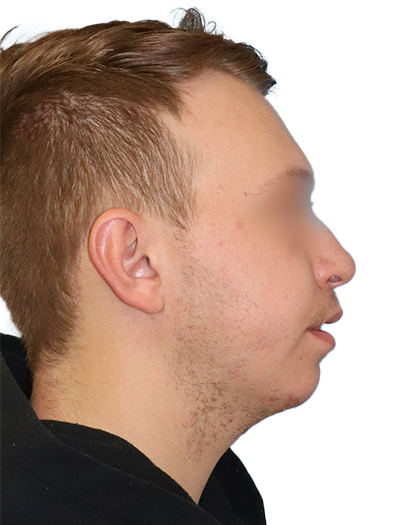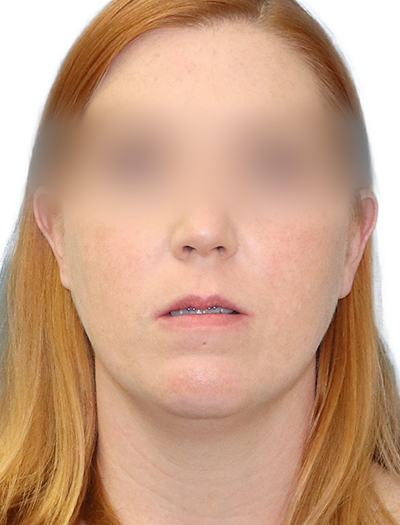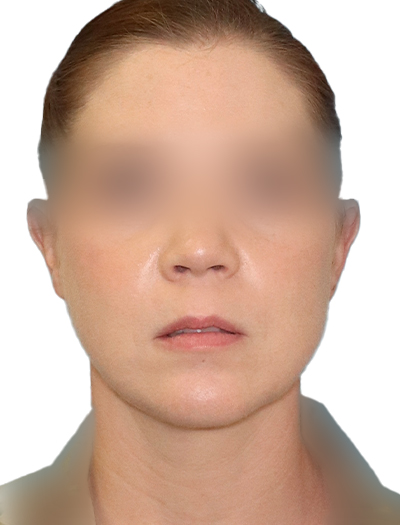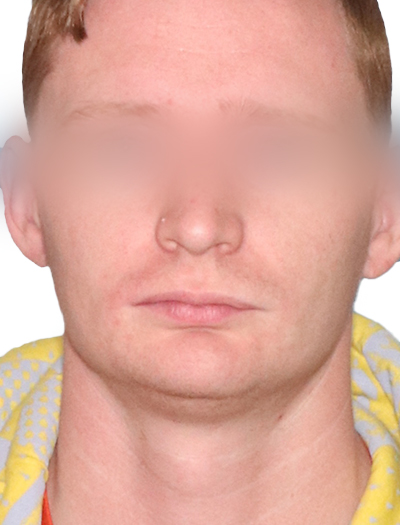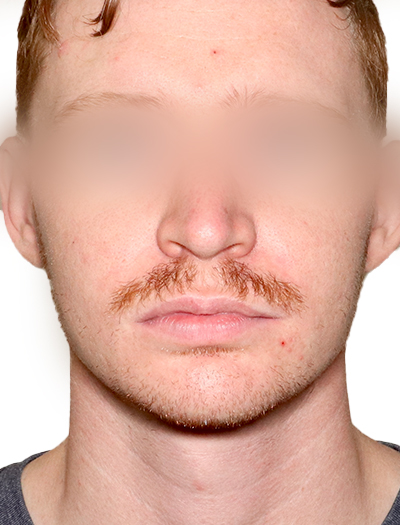Quick Links

What Is Jaw Surgery?
Jaw surgery is also referred to as “orthognathic surgery,” and it allows us to address issues with damage or irregularity in the jaw, including misalignment. Issues with the jaw can cause a variety of debilitating symptoms, including difficulty eating and talking, tooth problems, asymmetry of the face, and difficulty sleeping. Jaw surgery is a powerful method of addressing the root cause of these problems, providing patients with much-needed relief and confidence.
Adam Eidson, DDS, FACS
Board Certified Oral and Maxillofacial Surgeon
As a top Oral and Maxillofacial Surgeon, he’s board-certified and a Fellow of leading surgical associations. Co-founder of TruForm Surgery, Dr. Eidson, a Grand Haven, Michigan native, served as a Major in the US Army, specializing in jaw disorders and trauma cases. With a Dental Surgery degree from the University of Michigan, he brings a simple, compassionate approach to oral and maxillofacial health.
Learn More
Who Is a Candidate for Jaw Surgery?
Not everyone will be an ideal fit for jaw surgery. It’s normally best for people whose jaws are fully grown and who are dealing with significant and continuous issues related to the jaw. Ideal patients take their overall health seriously and are willing to stop smoking if they are already, especially during the healing process and the time leading up to the procedure. Candidates should also be ready to have an open and honest discussion with us about medication use, medical history, and expectations. This allows us to make sure that jaw surgery is the best option for you.
Before & After Results
Explore the transformative journey through our gallery and witness the remarkable changes firsthand.
view full galleryWhat to Expect During a Jaw Surgery Procedure
We’ll give you thorough instructions on how to prepare before the procedure. In many cases, you’ll need to wear braces for at least one year to make sure that your teeth are aligned. Before the surgery itself, we’ll likely ask you to stop using certain medications, particularly blood thinners. You should also have someone ready to drive you home and take care of you when you’re released. Patients usually need to stay for at least a couple of days to be monitored and to receive care.
Once you’re asleep, we’ll start the procedure by making incisions that expose the jawbone, allowing us to reposition them so they’re aligned. We’ll secure the new placement with small devices that can fuse with your natural bone structure as you heal.
Jaw Surgery Aftercare
After you’re discharged, make sure someone is ready to stay with you for the first few days at home. We’ll give you a comprehensive plan so you’re ready to tackle your at-home recovery period and enjoy your results quickly. You’ll need to avoid solid foods for several days, and you’ll need to stick to soft foods for several weeks. We’ll talk about how to clean the affected area. We might prescribe you an antibiotic and/or pain medication to make sure your recovery is smooth. The jaw can take up to one year to heal completely.
Frequently Asked Questions
Is jaw surgery a serious surgery?
Jaw surgery is major and can impact your life for months. Knowing what to expect from jaw surgery beforehand is essential, so talk to a dental professional.
What are the advantages of jaw surgery?
Schedule a Consultation
We understand how devastating jaw issues can be, and how little this is talked about. We want you to know that, at TruForm Surgery, we see you. If you want to learn more about jaw surgery or other options, contact us today at our office in Brighton, MI.








